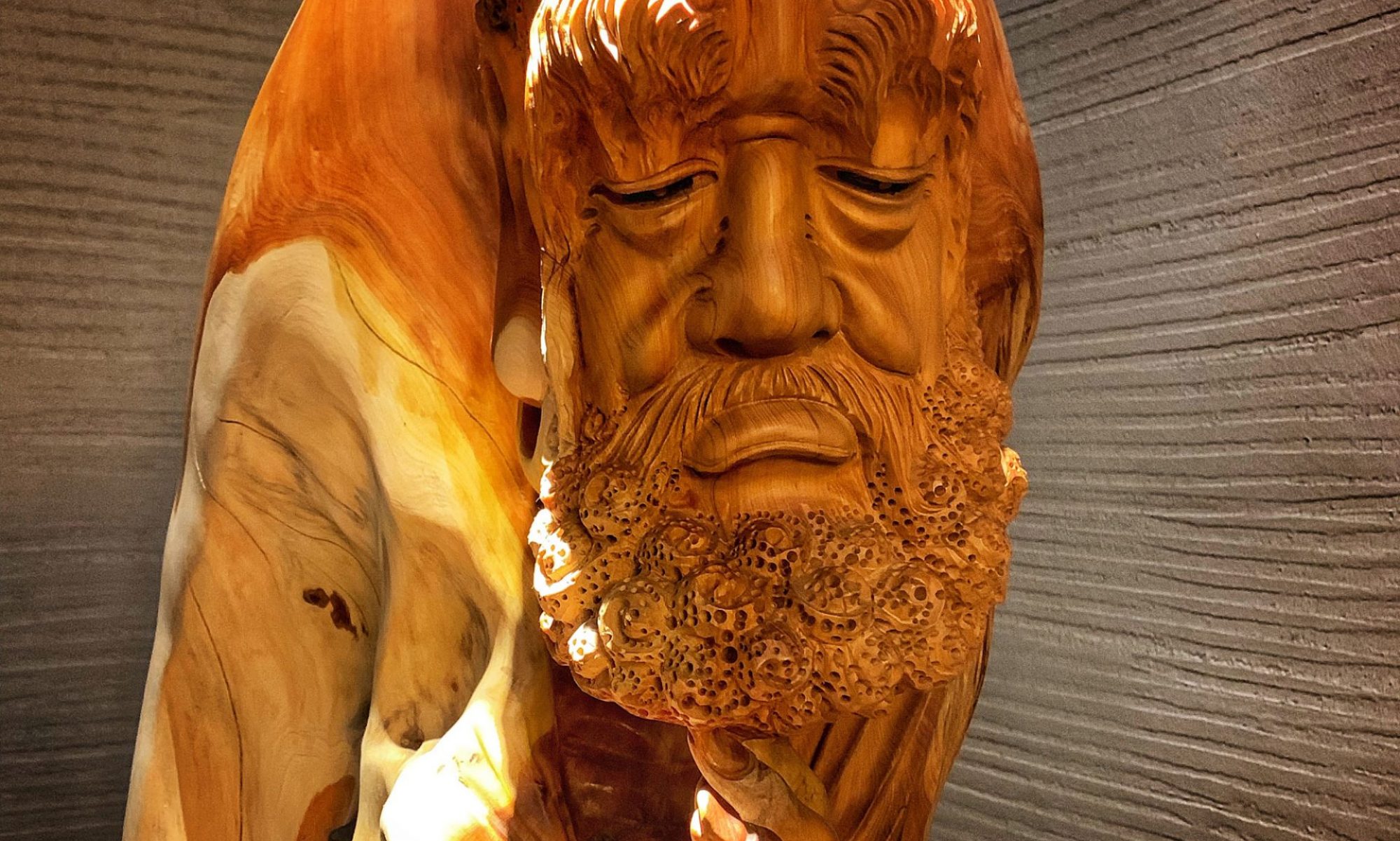I can only tell you the ways you cannot arrive at the Truth, and when you have found all the ways by which you cannot arrive at the Truth, you will find the Truth: then it will be yours, and not another’s which is but an imitation.
– Beyond the HimalayasThere is no necessity to seek the Truth, what is necessary is to seek what blocks you from the Truth. (ed)
– Your Immortal Reality
My wise meditation teacher loves to hear about problems a meditator faced rather than what the meditator wanted to share to impressed him. To him, it is by understanding defilements can wisdom arise. Wisdom is hidden away due to defilements. That brought me succinctly to question why when a master finally arrive at his/her own enlightenment, he shares the Truth with the world. Why the word “Truth”? Why not something else like Nature, Universe or what not? It came to my realization that the Truth is the opposite of False. There is a high possibility that what they thought they knew before came as a realization that they are all false, lies and fabrications and thus their need to share what is truly understood by them as Truth. Quantum physics call it optical illusion.
When we start to question the purpose of life at some point in time, we tend to incline ourselves to a specific faith or religion, to seek the Truth. Here lies the irony. When we seek the Truth by imitating what we should and should not do, we moved ourselves further away from understanding the nature of existence, from Truth, so to speak. We imitate what great masters have shared instead of learning to understand what they are trying to convey. So instead of moving closer to Truth, we are in fact moving further from Truth.
It is not the cause of the religionist, neither is it the fault of the seeker. What is more true is the nature of ego is to blind. Remember the quote mentioned by Yeshua? I stood in the world and found them all drunk, and I did not find any of them thirsty. They came into the world empty, and they seek to leave the world empty. But meanwhile they are drunk. When they shake off their wine, they will open their eyes.
And there are those, while still seeking, goes spiritual shopping. Chogyam Truangpa labels it as spiritual materialism. You can never win the ego! except to recognize them when it arise. That reminds me of what Yeshua has to said:
A wise fisherman cast his net into the sea. When he drew it up it was full of little fish. Among them, he discovered a large, fine fish. He threw all the little fish back into the sea, and he chose the large fish. Anyone here with two good ears should listen.
If you don’t fully comprehend the verse, let me share with you a parable by the wise Rumi, adapted by Osho, another wise soul:
One day Jalaluddin Rumi took all his students, disciples and devotees to a field. That was his way to teach them things of the beyond, through the examples of the world. He was not a theoretician, he was a very practical man. The disciples were thinking, “What could be the message, going to that faraway field… and why can’t he say it here?”
But when they reached the field, they understood that they were wrong and he was right. The farmer seemed to be almost an insane man. He was digging a well in the field – and he had already dug eight incomplete wells.
He would go a few feet and then he would find that there was no water. Then he would start digging another well… and the same story was continued. He had destroyed the whole field and he had not yet found water.
The master, Jalaluddin Rumi, told his disciples, “Can you understand something? If this man had been total and had put his whole energy into only one well, he would have reached to the deepest sources of water long ago.
But the way he is going he will destroy the whole field and he will never be able to make a single well. With so much effort he is simply destroying his own land, and getting more and more frustrated, disappointed: what kind of a desert has he purchased? It is not a desert, but one has to go deep to find the sources of water.”
He turned to his disciples and asked them, “Are you going to follow this insane farmer? Sometimes on one path, sometimes on another path, sometimes listening to one, sometimes listening to another… you will collect much knowledge, but all that knowledge is simply junk, because it is not going to give you the enlightenment you were looking for. It is not going to lead you to the waters of eternal life.”
